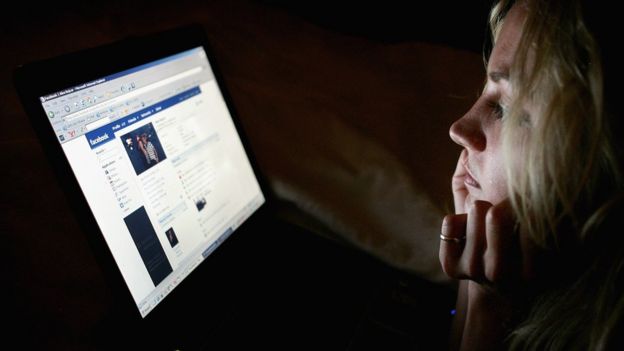Facebook seems determined to take cards in the so-called "porn revenge". And no, it will not be prohibiting the sending of material "sexually" via their platform.
[caption id="" align="aligncenter" width="679"]
The social network began testing in Australia is a system that allows users to send nude photos... safely.
The strategy consists in "marking" the photography of unique shape, as if it were a fingerprint.
[caption id="" align="aligncenter" width="714"]
 Facebook tests a mechanism so that people can send nude photos without risks.[/caption]
Facebook tests a mechanism so that people can send nude photos without risks.[/caption]"It would be like to send your picture by e-mail, but obviously this is a much more secure. You are not storing the image, you are storing the link, and using artificial intelligence and other technologies of photo-coincidence", explained to the tv station ABC, the commissioner of cybersecurity australian Julie Inman Grant, who works with Facebook on this initiative.
"We see many scenarios in which perhaps took photos or videos on a consensual basis in a point, but there was no kind of consent to send the images or videos more broadly," he adds.
While many experts welcomed the initiative, others argue that the problem will continue in other social networks such as WhatsApp and Instagram.
[caption id="" align="aligncenter" width="718"]
 Many people have been in trouble for sending nude pictures through Facebook.[/caption]
Many people have been in trouble for sending nude pictures through Facebook.[/caption]"It is you approach only will work for some people and when we think of the great amount of nudity and other images sharetos each day, clearly this is not a solution", explains the BBC.
Others, such as Graham Cluley, a security consultant, think that the own experiment is not without risks.
"Facebook knows that there will be many people concerned about how it handles content, so sensitive, and I guess I have thought a lot minimize the chance that something will go wrong," he says.
Why Australia
But why the social network chose Australia to take part in this pilot experiment?
According to Inman Grant, the porn revenge is a growing problem in Australia.
In fact, studies carried out by local organisations suggest that one of every five women between the ages of 18 and 45 years of age may have been a victim of this phenomenon.
Last march, Facebook became embroiled in a scandal when it became known that a secret group of some 30,000 marines, Marine United, shared routinely pictures of other women naked or half-naked.
In response to the revelations, the social network introduced a feature that allows you to tag the images as porn revenge from the technology of photo-matching.
[anuncio_b30 id=5]


No comments:
Post a Comment